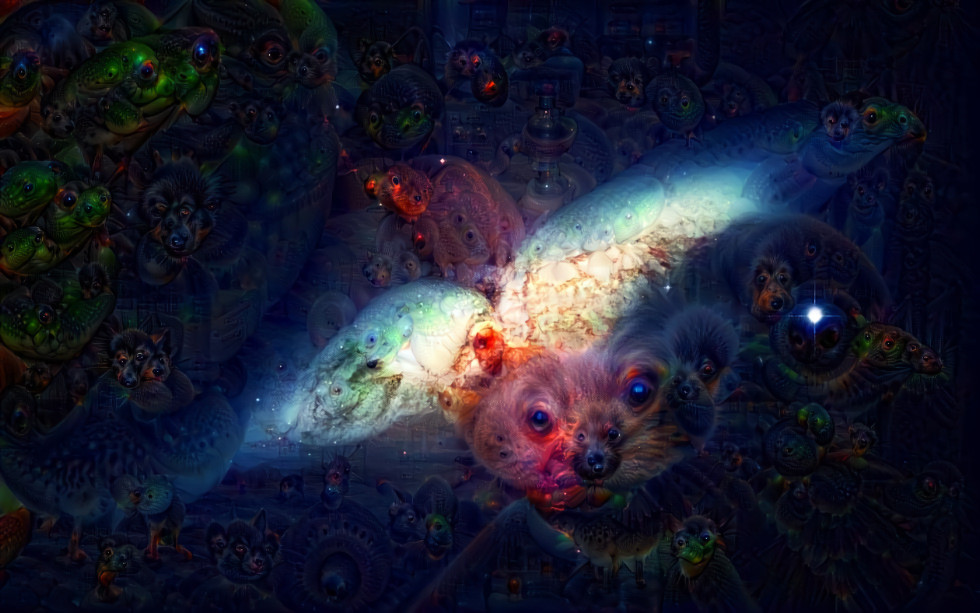“Research on psychedelics has seen a recent revival, with many clinical trials focused on their therapeutic potential to treat a range of mental health conditions. the purpose of this systematic review was to evaluate clinical trials of psychedelic-assisted psychotherapy for mental health conditions from the present wave of psychedelic research (1990s to present). a total of 43 studies met criteria and were included. the conditions reviewed were substance use disorders; anxiety and/or depression, often associated with terminal illness; posttraumatic stress disorder; and obsessive-compulsive disorder. quantitative results indicate that psychedelics can significantly reduce clinical outcomes associated with these mental health conditions. common themes identified from qualitative reports included increased acceptance and processing of emotions, connectedness to others, forgiveness, self-compassion, insights into the self, peak or mystical experiences, ego dissolution, positive changes in worldview, motivation and commitment to change, changes in the relationship to the substance of abuse for those with substance use disorder, and acceptance of death for those with terminal illness. no serious, long-term adverse events were reported directly attributable to drug ingestion. we discuss the strengths and limitations of the research base, along with suggestions for clinical practice, potential therapeutic mechanisms, and directions for future research. despite promising results, further work is needed to determine which psychedelic is best suited for diverse mental health conditions, the most appropriate type of psychotherapy to employ, and the psychological and neurobiological mechanisms underlying clinical benefits.”





